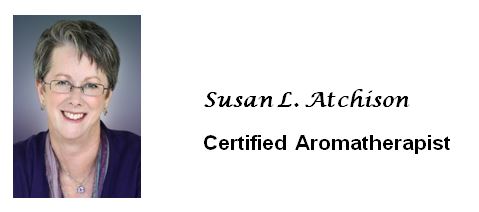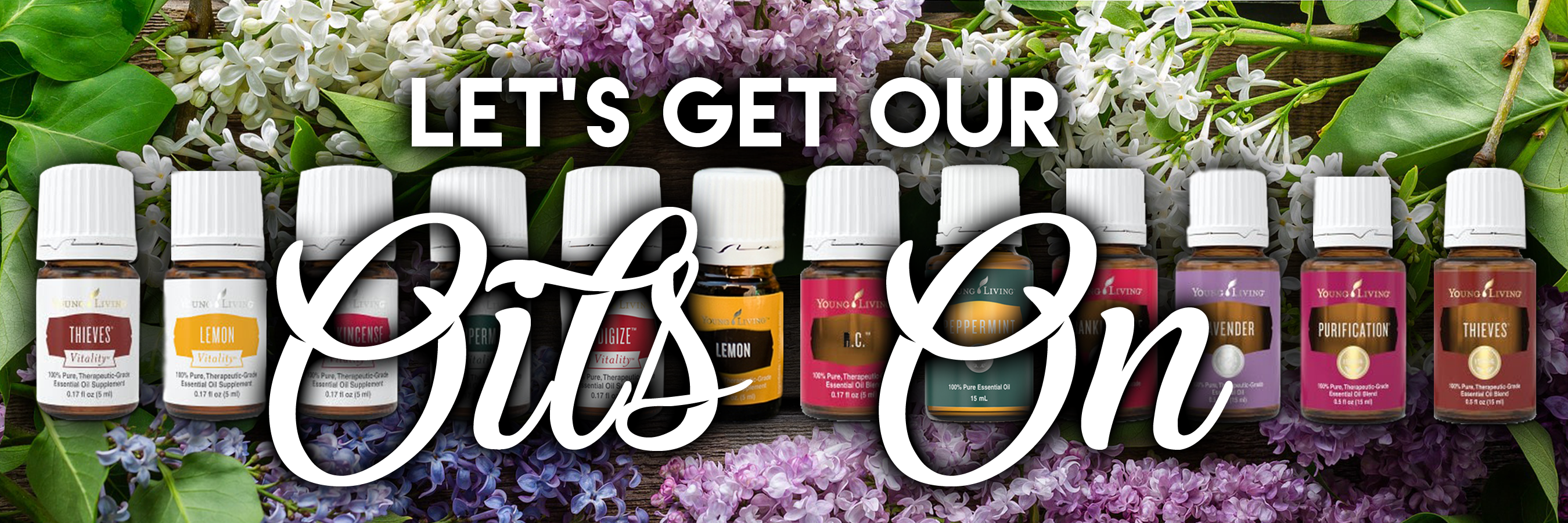Schools OF Aromatherapy
It is not the quantity but the quality of knowledge which determines the mind’s dignity.
~ William Ellery Channing
You know how it is – when you buy a car that you’ve rarely noticed before, suddenly it seems that that model of car is everywhere – on the roads, in ads, on billboards, in the news, etc.
Now that you’ve been using your oils for a while, you may be noticing lots of information on aromatherapy – and seeing that much of it has conflicting advice on how oils should be used.
For most topics in the world, different people have different ideas and beliefs – and when a group of people has views that are different from other groups’ views, their voices tend to get louder and more insistent (think politics!).
Aromatherapy is similar. There are several basic views of how aromatherapy can or should be used. We call them ‘schools’ of aromatherapy.
Read on for a basic insight into the different schools of aromatherapy. Then make up your own mind.
Schools of aromatherapy
Basically, we have 4 main schools of thought on aromatherapy. Here’s the topline; more information on each follows.
- British – Only use diluted oils topically, don’t take them internally
- French – It’s ok to take them internally but they need to be prescribed
- German – Focuses on aromatic use (inhalation), especially for emotional support
- American – Use oils topically (neet and diluted), internally and aromatically
British school of aromatherapy
The British school of aromatherapy teaches that oils can be potent and even hazardous, and should be used with caution.
They advocate that oils should not be taken internally, that they should only be used aromatically (inhalation) or topically.
Further, for topical use, their position is that ‘less is more’ and that essential oils should be significantly diluted, at a 2-5% level (2 to 5% essential oil to 95-98% carrier oil).
Some of this caution may be because the essential oils that the British historically had available to them were of a lower food or perfume grade quality. I, too, would be very cautious of using any lower quality oil. Thankfully, we have Young Living’s ‘Seed to Seal’ quality control process that ensures a therapeutic grade oil.
Some people have said that one of the reasons the British adhere to these standards is financial – it certainly costs less to use a tiny amount of essential oil in a carrier oils base.
It’s true that, as in homeopathy, sometimes less is more. As much as we love Young Living’s wonderful oils, we don’t always need to slather them on. Sometimes a small amount in a base of a carrier oil like Young Living’s V-6, or Ortho Ease massage oil blend, will provide just as many benefits as using more drops of the essential oil alone.
French school of aromatherapy
The French school of aromatherapy tends to focus on using essential oils medicinally. French doctors may prescribe aromatherapy and it is available in their pharmacies for internal use. They also utilize oils topically, and are comfortable doing so neet (undiluted).
German school of aromatherapy
The German school of aromatherapy is said to have begun when a psychiatrist noticed that his patients improved when they went for a walk in the pine forests, where they could inhale the aromatic scents of the pine trees. This seemed to calm and center them. So, the Germans prioritize inhalation, especially for emotional support.
American school of aromatherapy
America is a land of blended cultures. We take the best from each culture and incorporate it into our own, with an emphasis on freedom and personal choice. So it’s no surprise that American aromatherapy is happy to use every form of application – topical (both neet and diluted), inhalation, and internal.
Young Living’s oils historically have been used for inhalation or topical use. Now we have a line of oils that are approved to use internally. These are called the ‘Vitality’ oils. Vitality oils can be used in recipes, put in a drink such as juice or tea, taken in a capsule, or simply placed under the tongue.
Whichever way you choose to apply them, you know that your Young Living oils will work for you.






